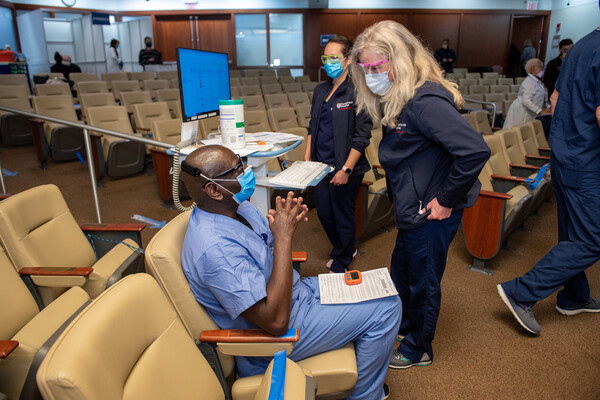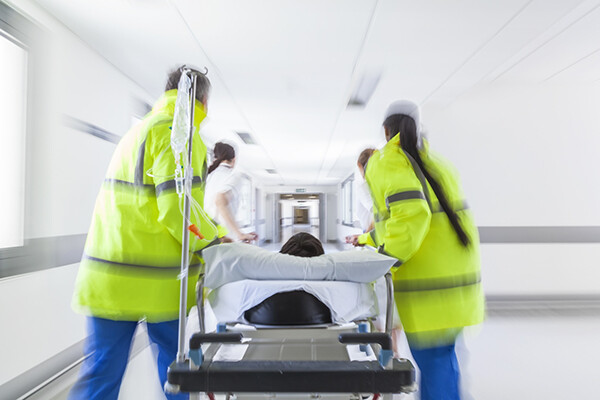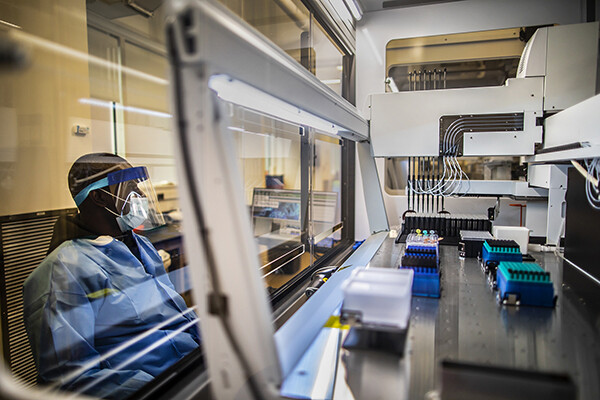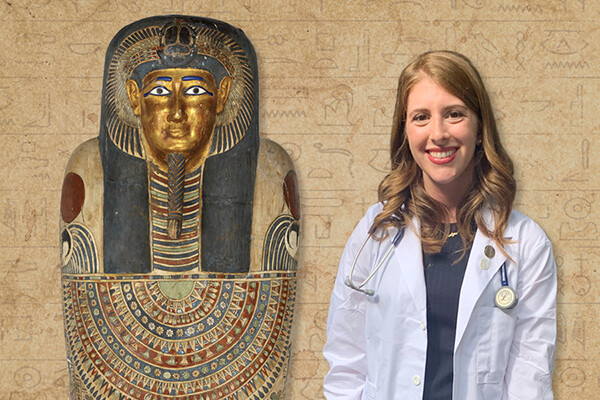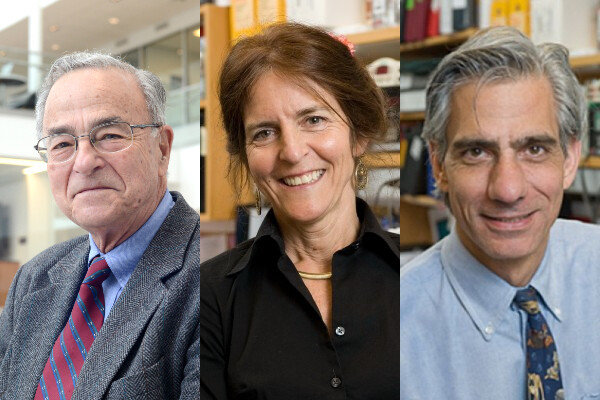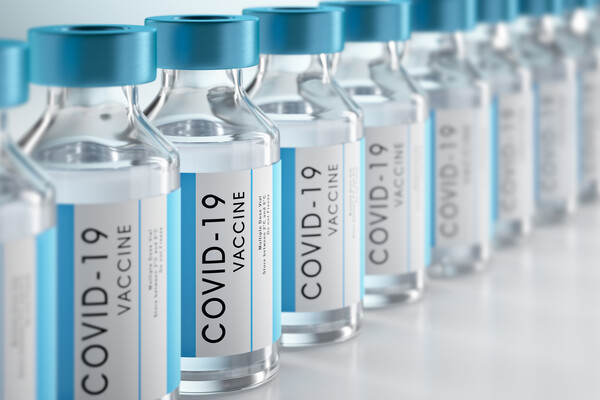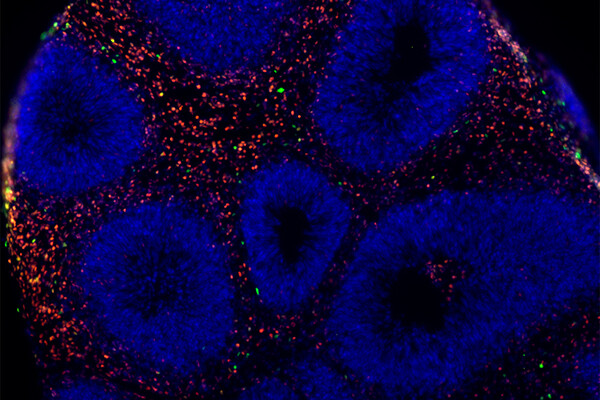5/18
Health Sciences
Repurposing a proven gene therapy approach to treat, prevent COVID-19
In a Q&A, Penn Medicine’s James M. Wilson discusses using adeno-associated viral vectors to transport a lab-made antibody cocktail into the body. This method, delivered via nasal spray or mist, has the potential to act as a “bioshield” against SARS-CoV-2.
Novel anti-craving mechanism discovered to treat cocaine relapse
New research from School of Nursing has discovered that certain biological chemicals are expressed on specific cell types and neural circuits in the brain that reduce cocaine-seeking behavior.
First COVID-19 vaccines arrive at Penn Medicine
By week’s end, the health system expects to receive about 9,275 doses of the Pfizer vaccine for its frontline teams.
Jameson’s term extended as head of Penn Health System and Perelman School of Medicine
Penn president Amy Gutmann announced that Jameson will serve as dean of the Perelman School of Medicine through June 30, 2025.
Gun injuries in the U.S. each day number 329—for every death, two survive
Researchers at the Perelman School of Medicine examine trends in fatal and nonfatal firearm injuries to inform prevention strategies.
Project Quaker testing program key to a safe campus reopening
Developed in partnership with Penn Medicine, the program aims to conduct 40,000 COVID-19 tests each week and will support ongoing plans to bring students back to campus this spring.
From preserving mummies to practicing medicine
Physician-in-training Charlotte Tisch draws on her background in archaeological artifacts for her medical training, even reaching out to museums for PPE during the pandemic.
Vision researchers honored by End Blindness 2020
The Outstanding Achievement Prize highlights the contributions of the School of Veterinary Medicine’s Gustavo D. Aguirre and the Perelman School of Medicine’s Jean Bennett and Albert M. Maguire toward a gene therapy for a form of blindness.
The Pfizer-BioNTech vaccine emergency use authorization: Five takeaways
The Perelman School of Medicine’s Holly Fernandez Lynch sheds light on the regulatory process that will allow companies to begin distributing their COVID -19 vaccines.
Organoids to rebuild the brain
Penn neuroscientists are developing innovative ways to treat neurological diseases, including implanting neural tissue like a brain organoid to rebuild brain circuitry.
In the News
What’s going on with tranq?
Jeanmarie Perron of the Perelman School of Medicine says that the appearance and progression of skin ulcers and tissue loss on xylazine users is different than with other intravenous drugs.
FULL STORY →
It’s time to end the Medicare-Medicaid merry-go-round
In an opinion essay, Rachel M. Werner of the Leonard Davis Institute, Wharton School, and Perelman School of Medicine says that Medicare and Medicaid fail to integrate coverage and coordinate care across their two plans.
FULL STORY →
The quest for treatments to keep weight off after Ozempic
Researchers at Penn are conducting a co-authored study of the brains, fat and muscle cells, and eating patterns of people trying to maintain new body sizes.
FULL STORY →
Inside Penn’s transfer center
Penn Medicine’s transfer command center gets patients from affiliated hospitals and hospitals outside Philadelphia to specialized care that can save lives, with comments from CEO Kevin Mahoney.
FULL STORY →
Operating rooms are major sources of greenhouse gasses. Penn is eliminating a form of anesthesia that hangs in the air for more than a decade after use
Penn Medicine is phasing out the anesthesia desflurane at four of its six hospitals to eliminate harmful greenhouse gases, with remarks from Greg Evans.
FULL STORY →








